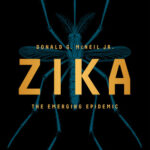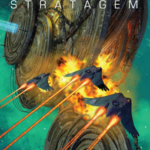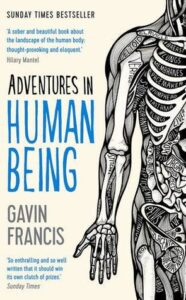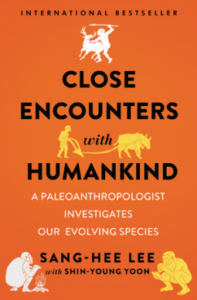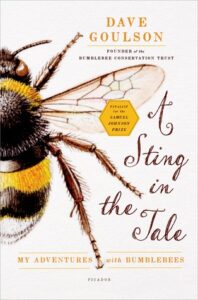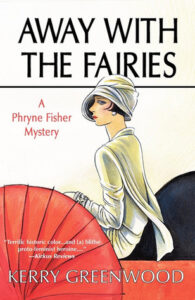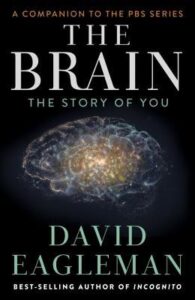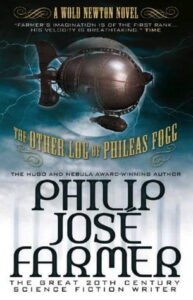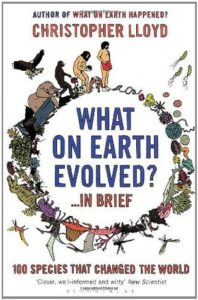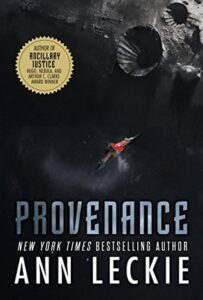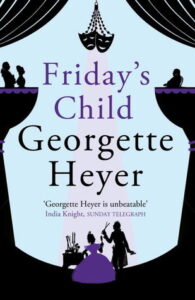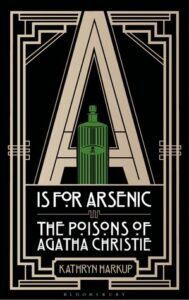 The Twilight Pariah, Jeffrey Ford
The Twilight Pariah, Jeffrey Ford
I am a total wuss. Complete and total. So I expected to have the pants scared off me for picking up a horror novella, and it didn’t really happen. There were a few creepy moments, but mostly I found myself wondering why it felt like an episode of Scooby Doo. (Considering Scooby Doo on Zombie Island gave me nightmares as a kid, that doesn’t necessarily mean it can’t be scary, but… I don’t know.)
The actual haunting part seemed solid and interesting. It was the characters and the way they went about tackling the problem that didn’t work for me — it just all felt totally unreal, and like set-up for the three main characters to set up like the Winchester brothers or the Mystery Gang. It felt truncated and just too easy, and some of the action scenes just made me go… “Really??”
If you’re looking for something scary, then this isn’t it, I think. There is a good story somewhere in here, but mostly it didn’t work for me.


